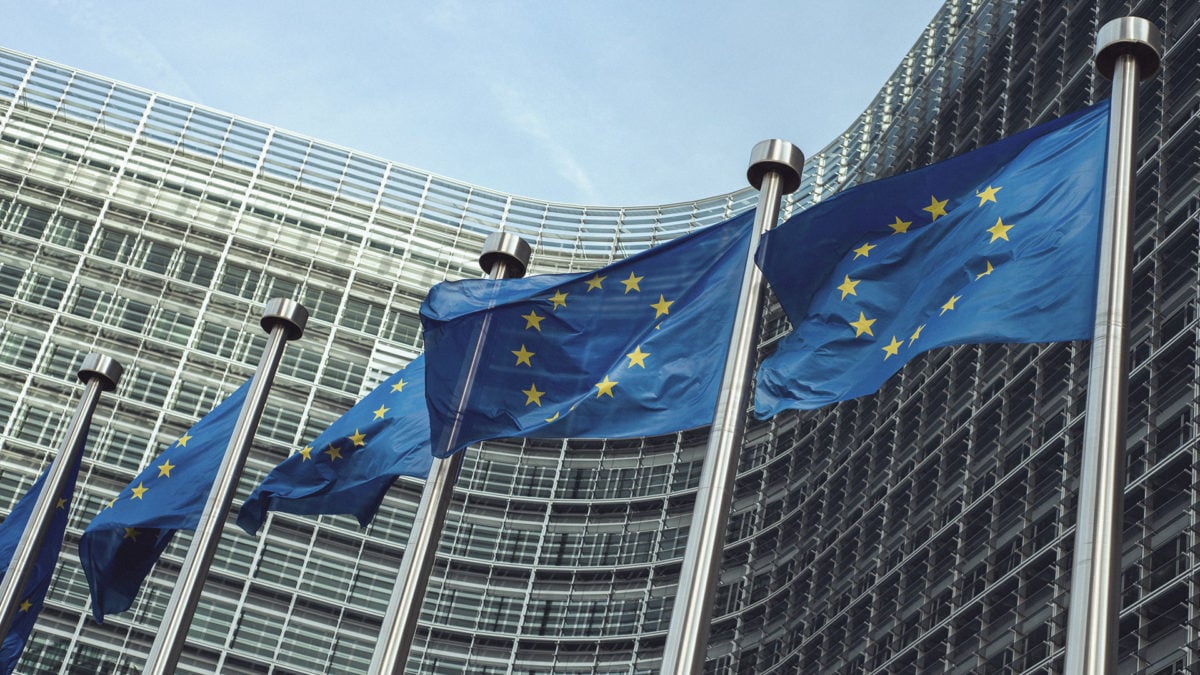In the most recent four day European Union Parliament elections, far right parties made massive gains shaking the established power structure. The elections, held every five years, indicate the public sentiment and have implications for EU policies and governance for the following time period.
After facing defeat at the hands of Marine Le Pen’s National Rally, French president Emmanuel Macron leading his pro European centrists called for snap legislative elections.
National Rally emerged victorious after securing over 30 percent of the vote which was nearly double the amount for the centrists who garnered less than 15 percent of the votes.Le Pen made a declaration to work for the French and further claimed that they would end the mass immigration currently plaguing them, rallying the far right’s supporters throughout Europe.
A similar scene took place in Germany, Italy and Hungary among other countries with right leaning parties gaining momentum along with nationalistic sentiments.

Nationalism and the far right in Europe
In Germany, the projected votes for center left Social Democrats led by Olaf Scholz were a mere 14 percent. They were left behind by the far right Alternative for Germany, which achieved second place with 16.5 percent votes. In Italy, Premier Giorgia Meloni’s Brothers of Italy party secured the highest percentage of votes, with 28.5 percent. This marked a significant victory for Meloni, a prominent figure in Europe’s far-right movement.
Hungarian Prime Minister Viktor Orbán’s nationalist Fidesz party also performed strongly, securing 43 percent of the vote, although this was a decline from previous elections.
Geert Wilder’s Party for Freedom managed to nab six seats in the Netherlands. This was a significant increase from the past elections. Similarly, in Slovakia, the liberal pro-Western Progressive Slovakia party managed to receive the most votes, overtaking the leftist Smer party led by Prime Minister Robert Fico.
The Popular Party (PP) in Spain led with 34 percent of the vote, surpassing Prime Minister Pedro Sánchez’s Socialists, who garnered 30 percent. Despite facing competition from a new extremist party led by a social media influencer, the far-right Vox party still secured six seats. In Greece, the governing New Democracy party retained a solid lead with slightly under 28 percent of the vote, although it experienced a decrease from its previous performance. Additionally, Greece witnessed the emergence of the hard-right populist Greek Solution party, which saw its support rise to 9.5 percent.
In Poland, the centrist Civic Coalition, led by Prime Minister Donald Tusk, secured a decisive victory with more than 38 percent of the vote, while the far-right Confederation party obtained nearly 12 percent. This represented a notable setback for the national conservative Law and Justice party, which governed Poland from 2015 to 2023. In Cyprus, the far-right ELAM party secured one of its six EU Parliament seats for the first time, receiving 11 percent of the vote. Meanwhile, a social media influencer, Fidias Panayiotou, garnered nearly 20 percent of the votes, achieving an unexpected victory solely through his online presence.
The effects to the European Union
The increase in far-right representation is expected to significantly influence EU policies, particularly in areas like migration, security, and climate change.
Far-right and euroskeptic parties now wield substantial influence within the European Parliament. The European Conservatives and Reformists (ECR) and the Identity and Democracy (ID) group collectively command 131 seats. This encompasses parties like Hungary’s Fidesz (10 seats) and Poland’s Confederation (6 seats). Should these factions unite, they would constitute the second-largest bloc in the Parliament, exerting significant sway over EU policies, especially concerning migration, security, and climate change.
The EU elections underscored a mounting dissatisfaction with conventional parties and a shift towards more radical alternatives. With the rise of far-right and nationalist parties, the trajectory of EU governance and policy-making appears poised for a phase of uncertainty and possible transformation.



